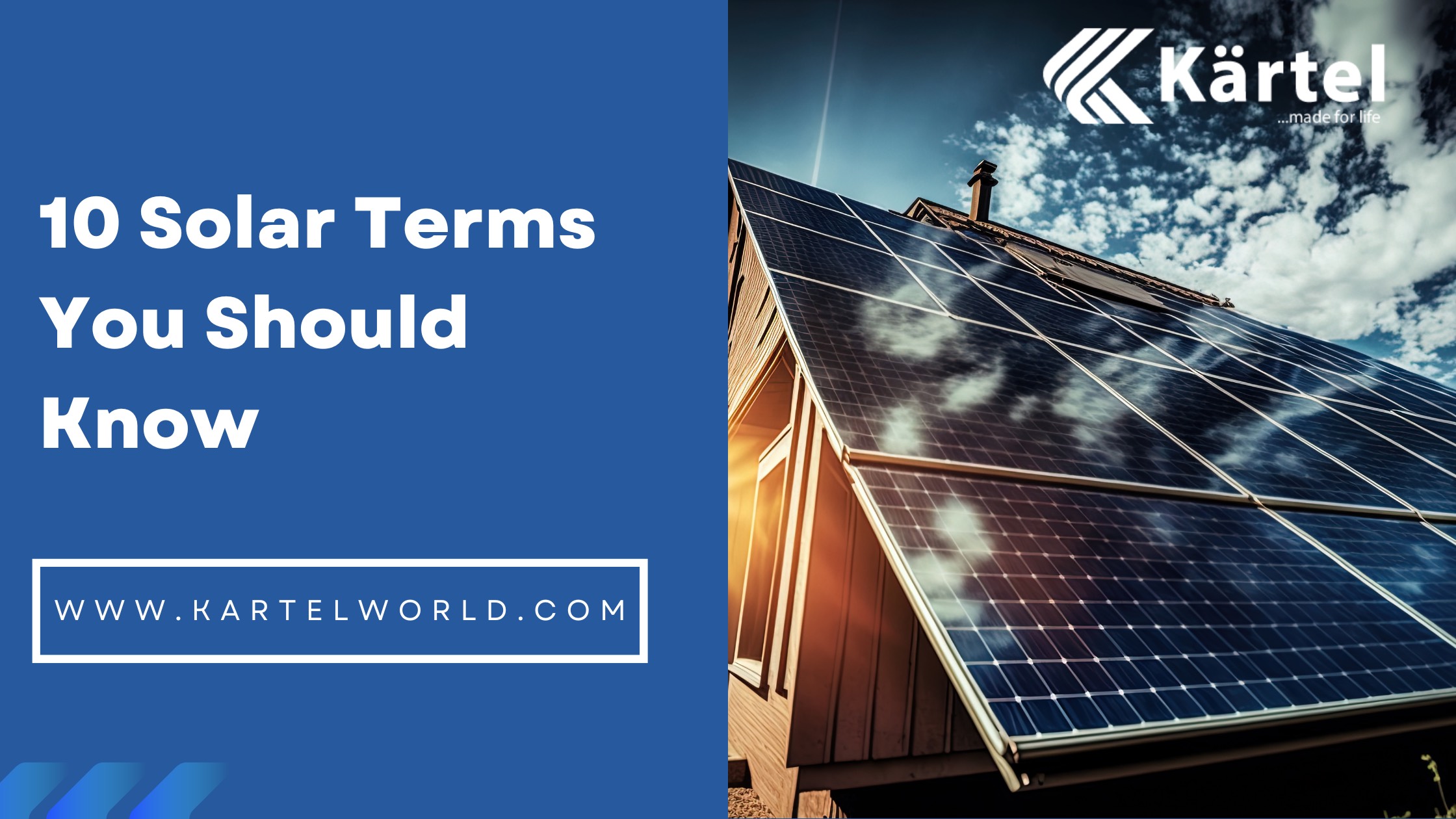As the demand for renewable energy solutions continues to grow, it’s crucial for homeowners and consumers to familiarize themselves with the technical jargon associated with solar power systems. This knowledge can empower you to make informed decisions when it comes to powering your home or business with clean, sustainable energy.
Recently, a client came looking to install a Kartel 1.5kVA solar system for their home appliances. However, when asked about the type of battery they preferred – tubular or lithium – they were left feeling confused and unsure. This scenario is not uncommon, as many people may not have a firm grasp of the various terms and components that make up a solar power system.
To help bridge this knowledge gap, we’ve compiled a list of 10 essential electricity terms that you, as a solar enthusiast, should know. Understanding these concepts can significantly enhance your ability to navigate the solar energy landscape and make the best choices for your needs.
1. Tubular: Tubular batteries are a type of deep-cycle battery often used in solar power systems. They are known for their durability, long lifespan, and ability to withstand repeated charge and discharge cycles.
2. DC Breaker: A DC (direct current) breaker is a safety device that interrupts the flow of electricity in a solar power system when it detects an electrical fault or overload, protecting the system and its components from damage.
3. AC: AC, or alternating current, is the type of electricity that is typically supplied by the grid and used to power most household appliances. Solar power systems convert the DC electricity generated by the solar panels into AC for use in the home.
4. DC: DC, or direct current, is the form of electricity generated by solar panels. It flows in a single direction, unlike AC, which periodically reverses direction.
5. Lithium: Lithium-ion batteries are a popular energy storage solution for solar power systems due to their high energy density, long lifespan, and efficient charge and discharge capabilities.
6. MPPT: MPPT, or maximum power point tracking, is a solar charge controller technology that optimizes the voltage and current output of the solar panels to ensure the maximum amount of power is being extracted and delivered to the battery or grid.
7. PWM: PWM, or pulse-width modulation, is another type of solar charge controller technology that regulates the voltage and current delivered to the battery, ensuring efficient charging and preventing overcharging.
8. Transformer: A transformer is a device used to convert the voltage of the electricity, either stepping it up or down, to match the requirements of the solar power system or the grid.
9. Pure Sine Wave: Pure sine wave inverters are a type of inverter that produces a high-quality AC output, similar to the electricity provided by the grid, ensuring compatibility with sensitive electronic equipment. Contact us on 09067522620 for high-quality pure sine wave inverters.
10. Surge Protector: A surge protector is a safety device that safeguards your solar power system and connected appliances from voltage spikes or surges, which can potentially cause damage.
There you have it, do well to share this with someone you know.

